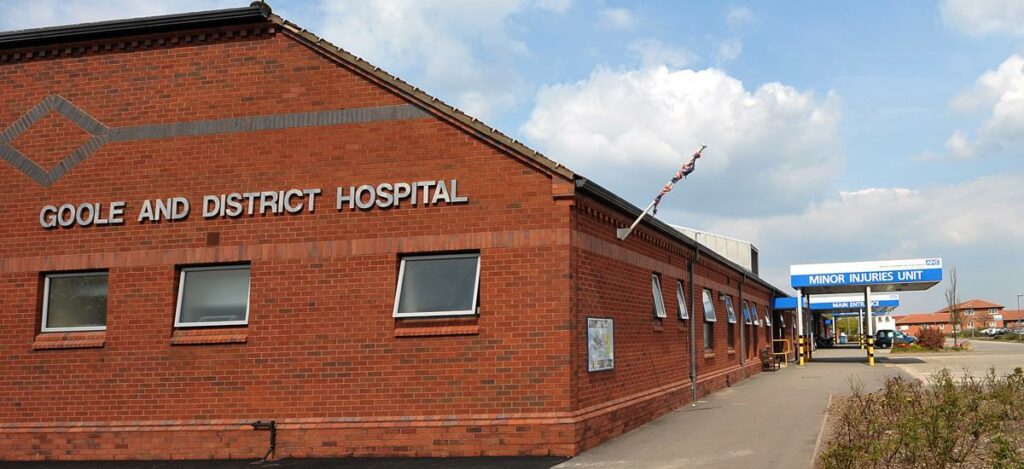Centrica Business Solutions is to work with Northern Lincolnshire and Goole NHS Foundation Trust to replace one of the two final coal boilers across the NHS estate.
This will be replaced by a new super-efficient Combined Heat and Power (CHP) unit as part of a £2.7 million project at Goole Hospital. The 150kWe CHP will power the hospital and work alongside upgraded pumps, controls, LED lighting and improved insulation to help lower emissions.
The project is being funded as part of the £1 billion Public Sector Decarbonisation Scheme, which forms part of the government’s Industrial Decarbonisation Strategy. Yesterday (17 March), the government laid out the funding allocations, with numerous local authorities pointing to heat pumps and solar as key technologies to aid decarbonisation efforts.
Goole Hospital is not the only NHS site set to benefit from the funding, with Hull University Teaching Hospitals NHS Trust allocated £12,640,760 to install solar panels, heat pumps and roof insulation, amongst other measures.
Northern Lincolnshire and Goole NHS Foundation Trust director of estates and facilities, Jug Johal, said they had made a commitment to increasing sustainably ahead of the NHS net zero 2045 target. Johal added that reducing carbon emissions also has “significant health benefits, as poor environmental health contributes to a number of major diseases, including cardiac problems, asthma and cancer”.
As such the funding will allow the Trust to invest in a more ecological future, with the scheme a big part of that commitment, leading the Trust to work with ETL – a private limited company, owned by and investing in the NHS – to bid for funding.
“Together we have submitted it to the Department for Business, Energy and Industrial Strategy (BEIS) and Salix – a non-governmental organisation which works alongside BEIS, who have supported us through the process.
“Our first priority is to replace the coal fired boilers at Goole District Hospital with a low carbon gas CHP system. Goole is one of only two coal-fired boilers left in the country and, in carrying out this and our other planned energy saving works, will reduce this site’s carbon emissions by almost 60 per cent.”
Britain as a whole is moving away from coal ahead of the 2024 phase out date, with 2020 seeing the largest period without coal on the grid since the industrial revolution.






